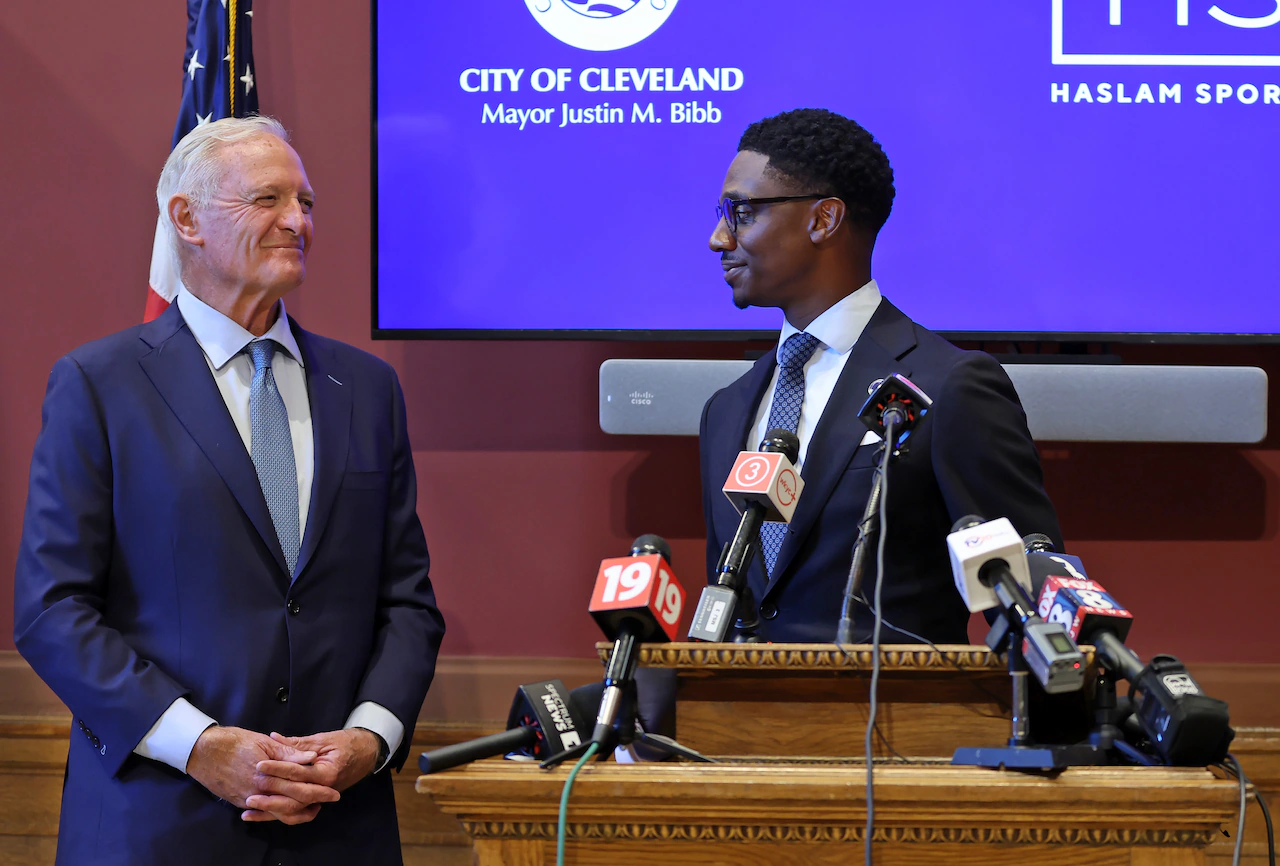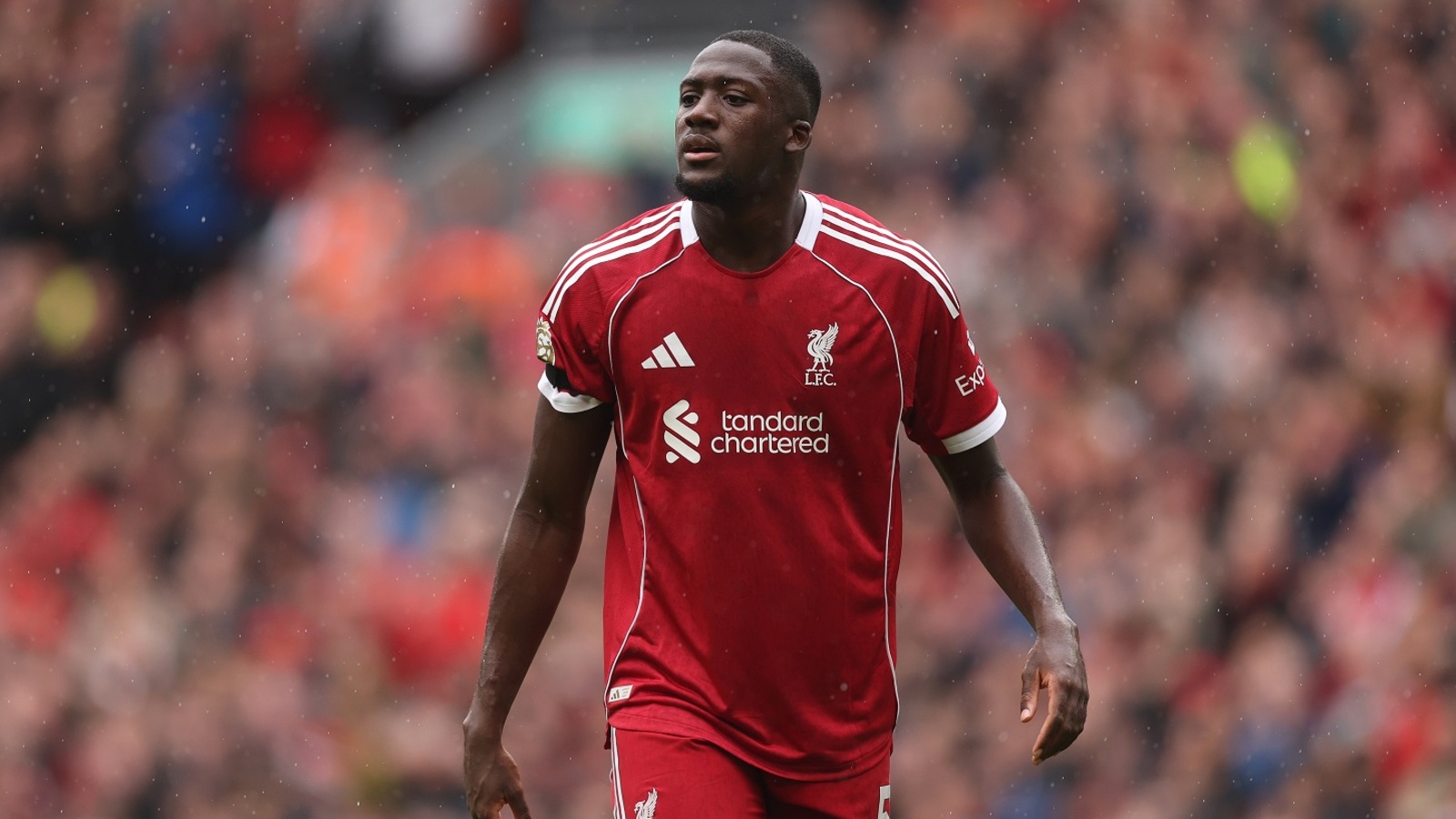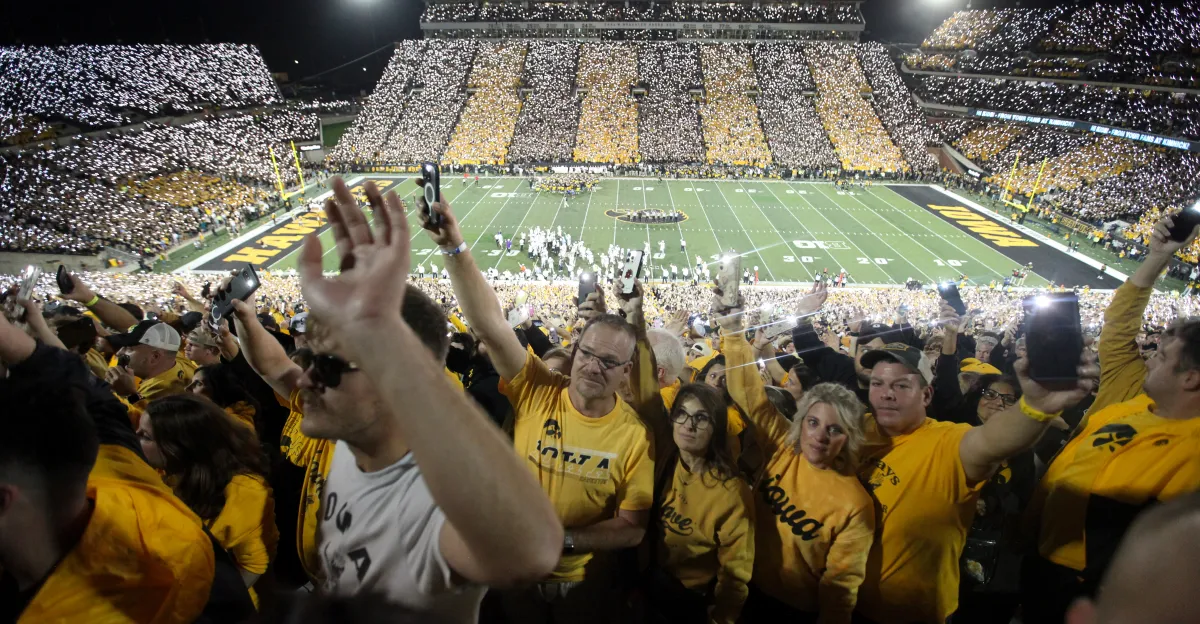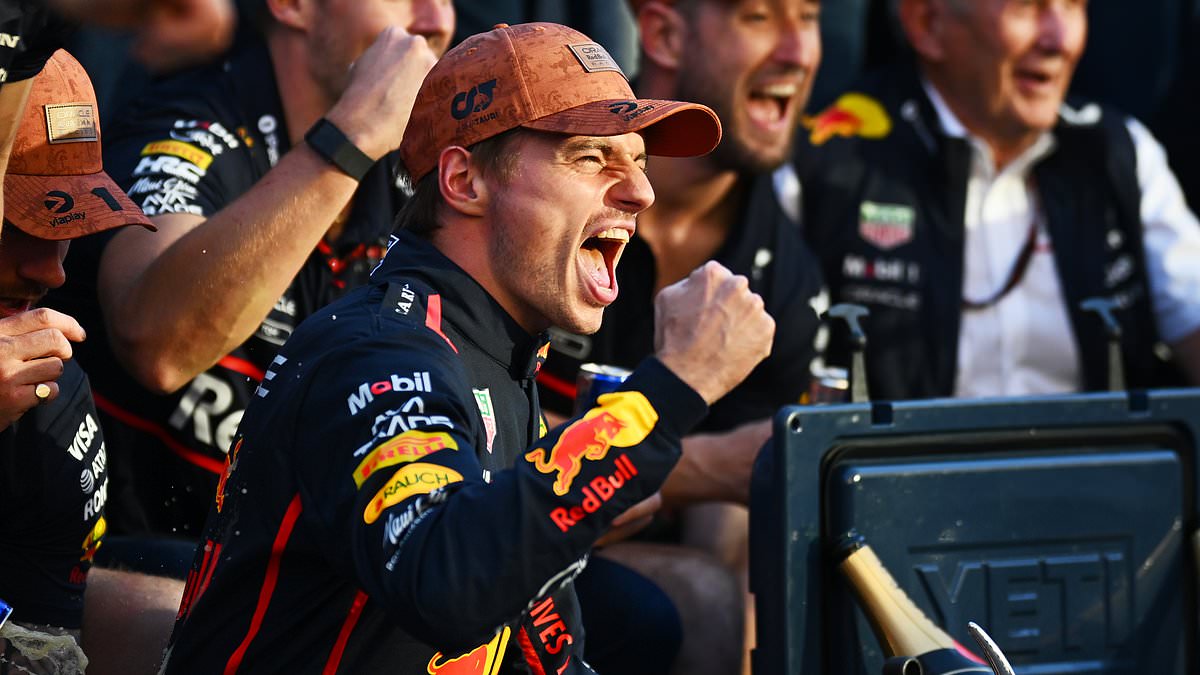Copyright cleveland.com

CLEVELAND, Ohio — Deals between public officials and sports teams tend to resemble onions: dense, layered and capable of causing a few tears. But Cleveland City Council is peeling Mayor Justin Bibb’s $100 million agreement with the Cleveland Browns layer by layer. One week ago, Bibb and Jimmy Haslam announced they’d made peace; with the Haslams promising $100 million in exchange for Cleveland settling a complex legal fight that spanned three lawsuits. But the basic framework became more defined as council representatives peppered the mayor and his administration with questions during a three-hour hearing Monday. Bibb introduced legislation Monday night that would allow Council to vote on the terms of the settlement. Council President Blaine Griffin said he wouldn’t try to “boil Lake Erie” and get every detail during Monday’s hearing. Council announced Monday night that it will put that legislation through four separate committees before it goes to a final vote. Each meeting becomes another chance to learn more about Bibb’s four-year saga negotiating with the Browns. Here’s what we’ve learned so far: The Browns initially wanted Ronayne to cave Bibb told council Monday that the Browns initially wouldn’t finalize a settlement unless Cuyahoga County put money on the table. The Browns plan to build a $2.4 billion covered stadium in Brook Park surrounded by a mixed-use development, and they initially wanted $1.2 billion in public funding, $600 million from the state and $600 million from local sources, Brook Park and Cuyahoga County. County Executive Chris Ronayne has consistently said no to the county borrowing money to help fund the Browns’ relocation to Brook Park. Bibb said that was something he negotiated around. “There were conversations where the only money we would get would have been if the county financed Brook Park,” Bibb said. “I was very clear in making sure that any money coming to the city of Cleveland was not contingent on the county supporting the Brook Park deal.” The Haslams have said they could build Brook Park without the county’s help, but they have not given up on convincing the county either way. A $30 million demolition is a low estimate Tearing down the lakefront stadium could cost between $25 and $40 million, said Jessica Trivisonno, Bibb’s senior strategist on lakeside development. But if it costs more than $30 million, that’s the Browns’ problem. The $100 million settlement includes the Browns handling demolition and making the site “pad ready” at a cost of $30 million. Trivisonno told council that includes removing the stadium’s foundations, environmental cleanup, relocating utilities and anything that must be done, so the site is considered shovel-ready for new construction. Under the deal, the Browns handle that job at whatever it costs. Demolition would start after the 2028 season, though it could be pushed back two years, since the Browns have the option to extend their lease, if needed. Bibb’s settlement is almost all lakefront Of the $100 million the Haslams’ promised, most of it would be mandated for the mayor’s reimagining of Cleveland’s lakefront. The deal would include a $25 million payment to Cleveland by Dec. 1 (if council passes legislation in time), and $5 million annual payments from 2029 to 2033. Both would have to be spent on the lakefront. Then, $30 million of the deal is demolition of the stadium. That leaves just $20 million for a Community Benefits Agreement that starts in 2029, which would allow council and the Haslams to negotiate neighborhood improvements. Some members of council flagged that so much was going to the lakefront; saying Cleveland has other needs. There’s also a concern that council, who generally controls how the city spends money, is having that decision made for them. Bibb told council Monday that redeveloping the lakefront is a strategic bet Cleveland must make if it wants to attract residents, grow its tax base and compete with other cities with great waterfronts, like Chicago, Seattle, Atlanta, New York City or Detroit. No matter what happens, Cleveland keeps $25M Bibb told council he “fought like hell” for the $100 million settlement. But if the Browns’ plans for Brook Park go to hell in a handbasket, Cleveland is guaranteed to keep the $25 million payment. Most of the settlement —the $5 million annual payments, the $20 million community benefits agreement, the demolition — only start after the Browns leave the city. But if somehow, the Brook Park stadium plan falls apart; Cleveland keeps the initial $25 million it is set to receive this year. The only lawsuits in the Browns’ way now include a class-action lawsuit that seeks to block state lawmakers’ plans to use $1.7 billion from the state’s unclaimed property fund to help build the stadium, among other projects. Past cleveland.com reporting revealed that the mayor and several members of council are among those with unclaimed funds. Dennis Kucinich, the former mayor, state legislator and congressman, has filed a taxpayer lawsuit attempting to block the team’s move. Cleveland has asked a judge to dismiss that lawsuit. Other revenue losses The total financial picture of the stadium, and what Cleveland will lose and gain, is still unclear. Here’s just a few line items: Cleveland will pay its own legal costs in the Browns suit, which are already more than $1 million. The stadium is also one of Cleveland Public Power’s largest customers. The city will also lose income taxes from the players and staff, which accounts for three-tenths of one percent of the city’s income taxes each year. That amounts to $1.5 million annually according to Cleveland’s 2025 budget. (Cleveland shares Browns income taxes with Berea, the home of the Browns training facility.) That said, there are many other costs that get wiped off Cleveland’s books, like the $145,000 Cleveland spends on public safety for Browns games, which includes police overtime, traffic operations and parking enforcement. Bibb’s team believes the $100 million settlement, which will be doled out between now and 2039, is worth $87 million in today’s dollars.



